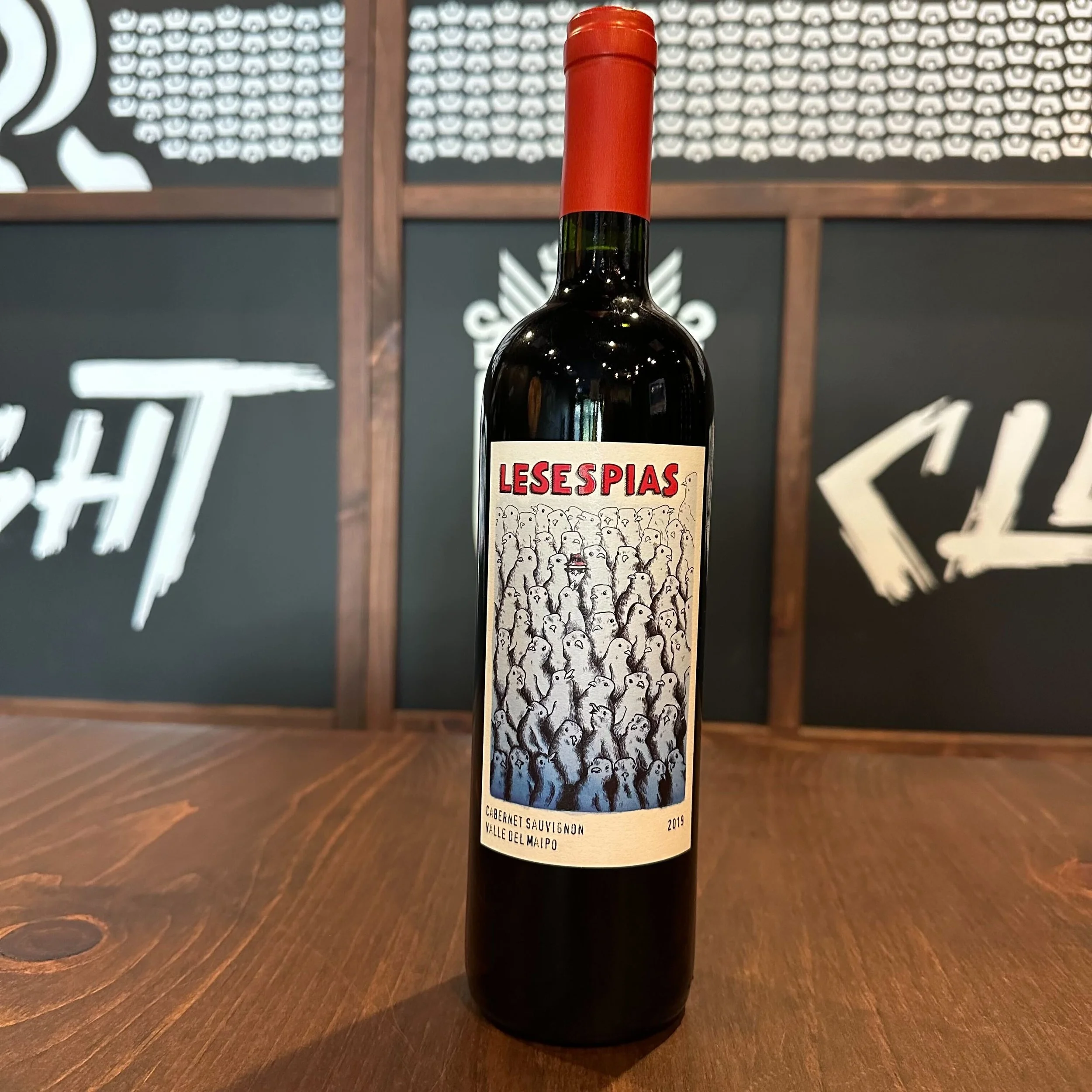Hayride Reds
The fall season is upon us and it is the perfect time to enjoy hayrides, corn mazes and frolicking in the leaves. These reds will pair perfectly with all of your fall endeavors!
Perrini Negroamaro
Grapes: 100% Negroamaro
Place: Puglia, Italy
Process: Estate vines averaging 30-35 years old, with some getting up to 60 years, with full southern exposure on flat and slightly hilly sites. The soils are a mix of sand, limestone and clay, with a rockier nature on the slightly higher-elevation sites. The farming is certified organic. The well-ripened but not overly ripened fruit is harvested by hand into small baskets and whisked to the winery to cool down. The grapes are pressed and the juice fermented with natural yeasts in stainless steel tanks with maceration lasting 12-14 days. The wine is aged in steel tank.
Family: In the southernmost part of the heel of the "Italian boot", otherwise known as the Salento Peninsula of the Puglia region, the Perrini family has been growing grapes and making wine for generations. Most of their fruit was previously sold off to négociants, as the means and finances to estate-bottle were prohibitive. Current generation Vito and his sister Mila Perrini set about changing that in the 1990's, building an underground cellar and converting their fifty hectares to certified-organic viticulture--neither of these steps being the norm for a bulk-production-oriented region accustomed to heavy-handed, high-alcohol red wines. The vines spread amongst several zones in the hills around Castellaneta near Taranto on a mix of sand, limestone and clay soils. The vineyards are plowed in the spring, and yields are kept to around 55hl/ha, modest for the region and the warm, easy-ripening climate. Most unusual for Puglia are an underground cellar; manual harvest; and natural yeast fermentation.
Bottle: $19 | Glass: $8
Espelt Garnatxa
Grapes: 100% Garnacha (Grenache)
Place: Empordà - Catalonia, Spain
Process: The Garnatxa Negra from Espelt comes from their highest elevation vineyard, Rabós, tucked in the Alberes Nature Reserve Area. These are the oldest vines on the property where centenary Garnatxa and Cariñena grow on sandy slate and granite soils. The vines are 30-100 years old. The grapes are hand-harvested, de-stemmed and spend 48 hours in a cold maceration. Fermentation takes place with native yeast in stainless steel. The wine then spends three months in oak before bottling.
Family: The Espelt family have been growing grapes for centuries in Empordà. In the early 2000s they built a cellar and began bottling wines under their name. The estate is headed by Anna Espelt, the inheritor of generations of grape growers in Empordà. The farming is certified organic by the Catalan authorities, not only because it makes better wines, but because the vineyards are located on a mix of sandy granite, limestone and slate in and around several nature preserves in the area. Indigenous varieties and styles are promoted at Espelt from their fresh, crisp whites to their mineral and spicy reds before finishing on a pair of delectable fortified wines.
Bottle: $25 | Glass: $11
Les Espias
Grapes: 100% Cabernet Sauvignon
Place: Maipo Valley, Chile
Process: This 100% Cabernet comes from 25 year old trellis-driven vines that sit atop clay soil in the heart of Chile. The grapes are harvested on the 3rd of April when they reach full phenolic maturity.
Family: Moretta is the name of a French mask and one of the oldest designs from the Carnival of Venice. The woman wearing the mask had to remain silent, because the only way to keep the mask on was by biting a wooden or mother-of-pearl button positioned at mouth-level. Its elegance and femininity made it one of the favourite masks for Venetian ladies in the early 16th century.
The goal of Moretta Wines is to produce signature wines on a human scale that truly represent their terroir. These are characterful wines that reflect the place they come from and the hard work that goes into the whole production process from the vineyard to the bottle.
The identity and essence of the modern woman is reflected in Moretta, and the hard work carried out during the production process, resulting in authentic and intense wines, emphasizes their natural attributes.
Bottle: $29 | Glass: $13
Podericellario
“Il Vino Che Non C’e” Rosso
Grapes: 60% Doux d'Henry & 40% Dolcetto
Place: Langhe, Italy
Process: This is an exciting cuvée (blend) from Fausto Cellario’s hilltop vineyard site that he planted in 2013. The wine includes the little-known native Piemontese grape variety called Doux d'Henry. The name of the wine means "the wine that doesn't exist", because in the Langhe hills it is illegal to grow this rare native grape, thus Fausto proclaims, "Wine, what wine? That doesn't exist...don't know what you're talking about!” Vineyard work is organic, and all the fermentation takes place with indigenous yeasts. Sulfur is only added in tiny quantities at bottling if necessary. Aged for a year in amphora vessels. No filtering or fining and minimal added sulfur if necessary.
Family: Fausto and Cinzia Cellario are 3rd generation winemakers in the village of Carru` on the western outskirts of the Langhe. The family believes in only working with local, indigenous Piemontese grape varieties and fiercely defends local winemaking traditions both in the vineyard work and the cellar practices. The Cellario vineyard holdings cover some 30 ha between 5 different vineyard sites covering the southern Langhe. With holdings in Novello and Monforte, the Dogliani plot is arguably the family’s most prestigious land and I would consider them Dolcetto specialists.
Bottle: $31 | Glass: $14





